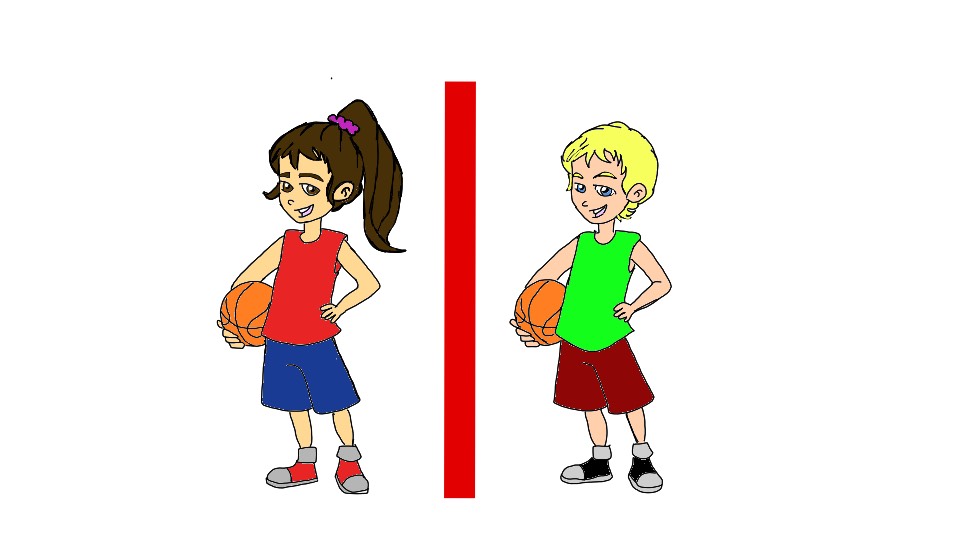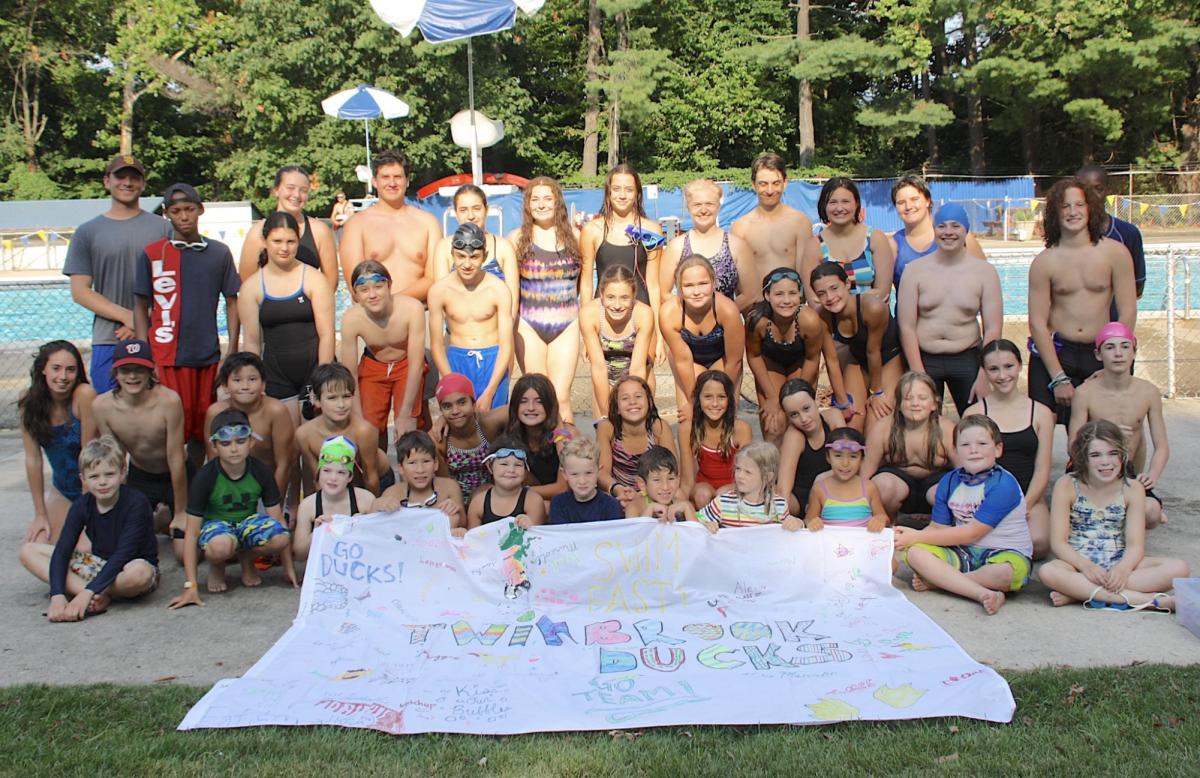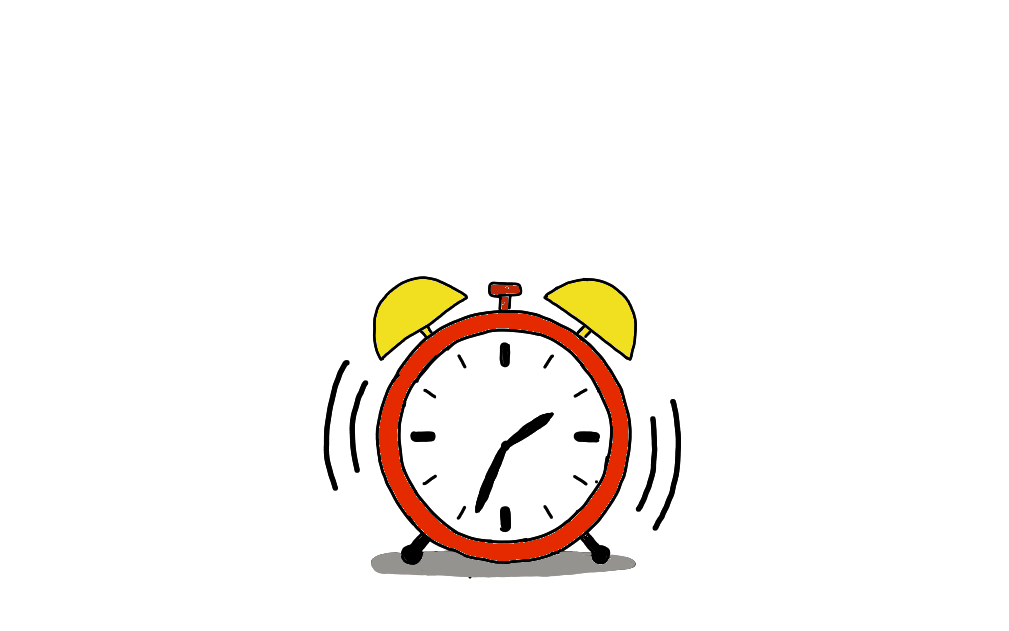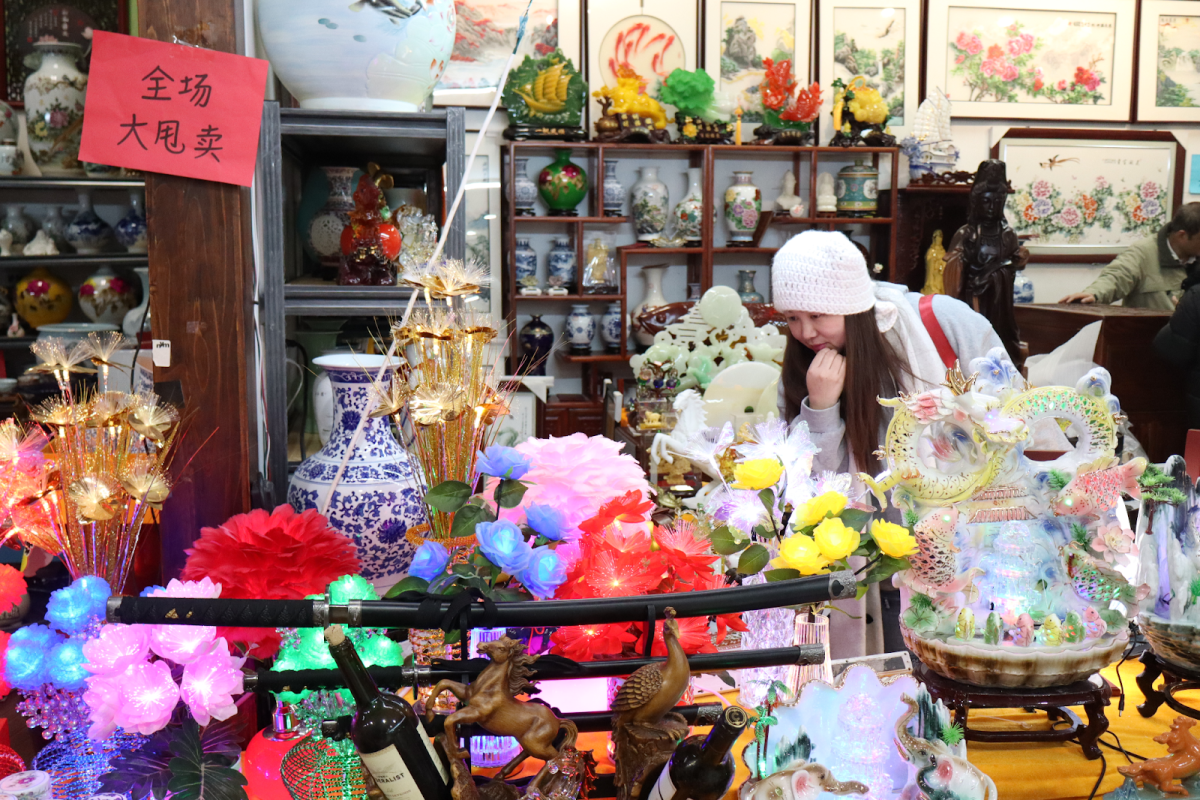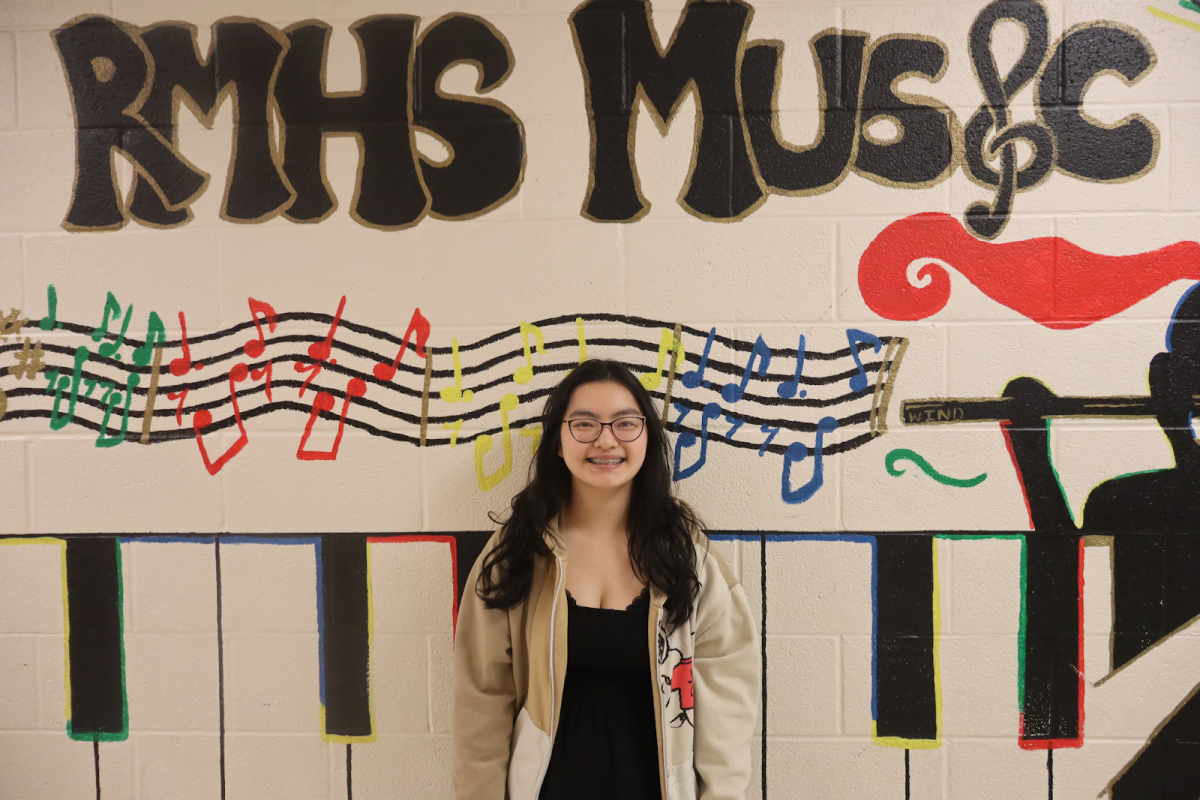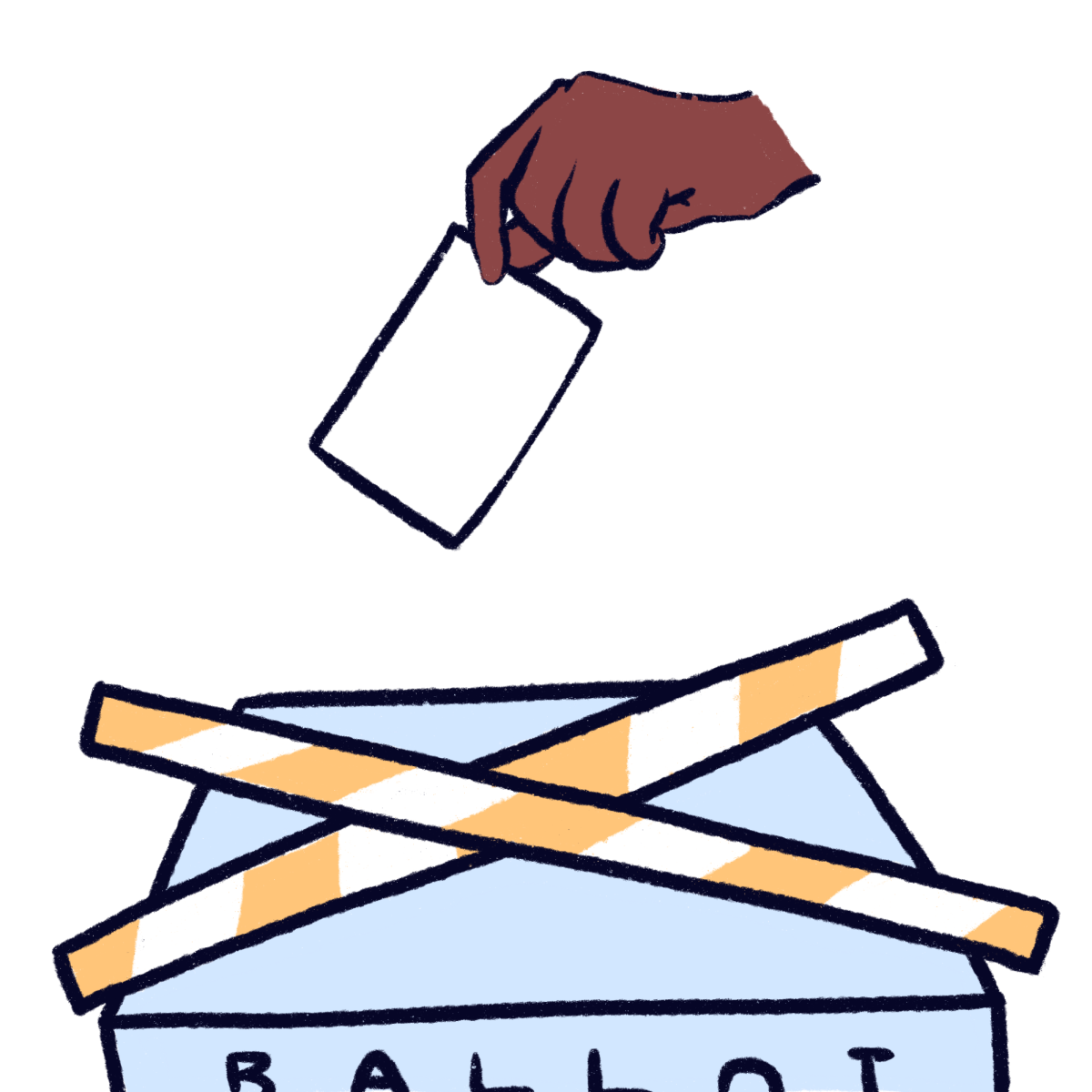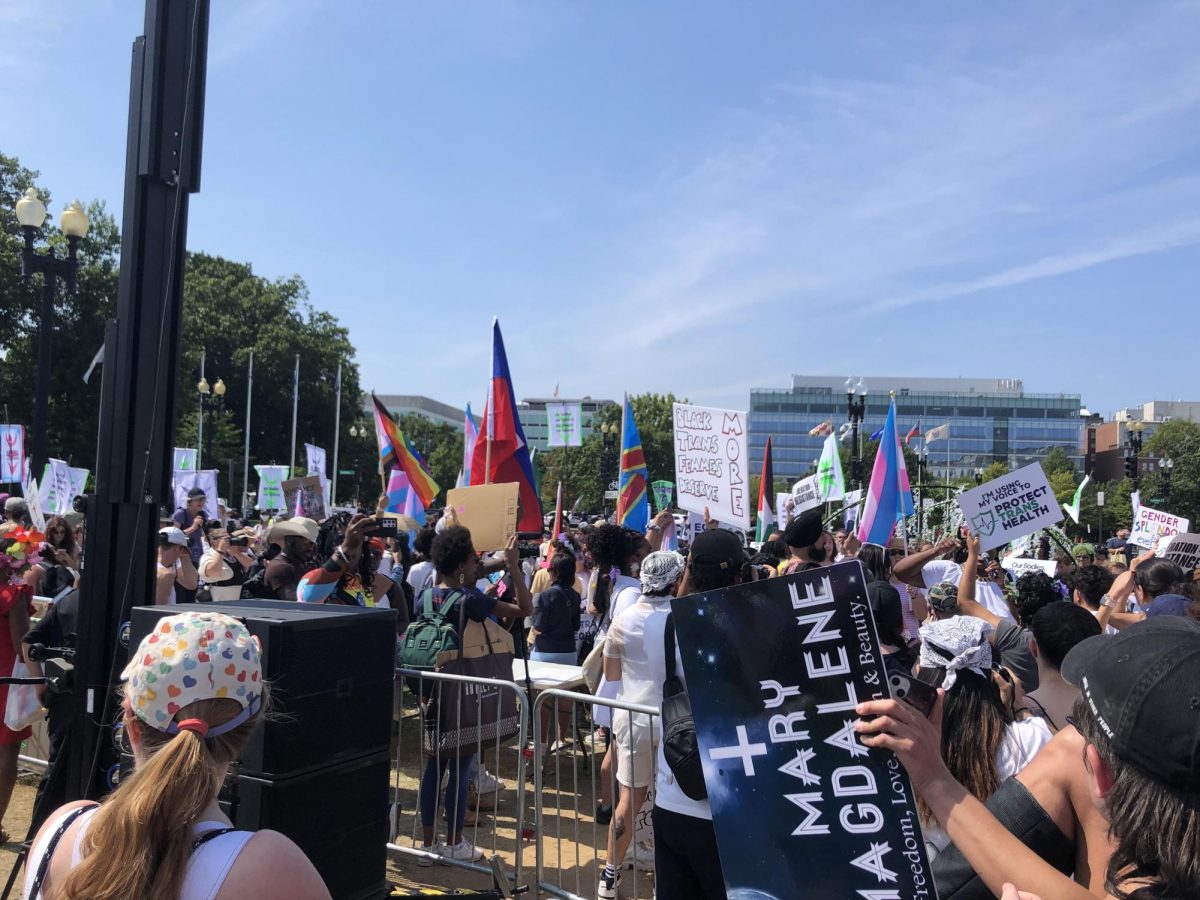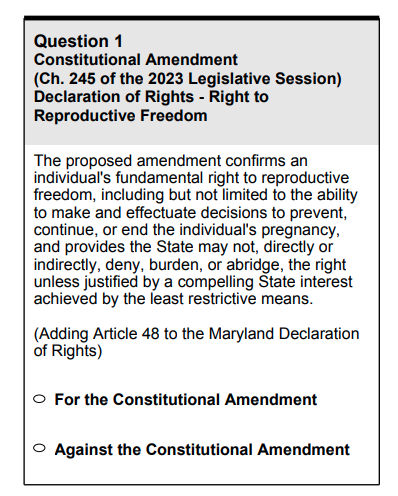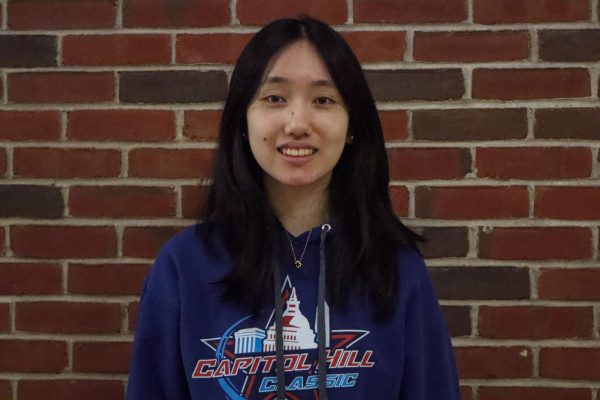Over the past few years, debates have sparked over the unfair treatment of women in sports, particularly in male-dominated sports such as basketball and soccer. From pay inequalities to limited media coverage, the problems plaguing female athletes are slowly coming to light, despite their longstanding existence.
When organized sports first emerged in the nineteenth century, women were often excluded from participating due to societal views on women’s physical limitations. Although women later gained entry into all sports in the late 20th century, discriminatory practices and challenges still remain.
In 2022, WNBA players called attention to the difference in revenue split from the NBA: athletes in the NBA earned 50 percent of the league’s revenue, while WNBA players only earned 23 percent of the revenue. Although many supported the WNBA athletes’ venture, others criticized them for wanting equal pay, citing the WNBA’s annual loss in earnings as the cause of such disparities.
In addition, female athletes receive far lower media coverage than their male counterparts, making up only 4 percent of sports media coverage according to the UNESCO.
“As far as participation goes, I feel like there’s a pretty equal amount of girls compared to boys,” sophomore Chloe Kennedy said. “However, when you’re watching a match on TV, it’s almost always men’s, [so] the coverage of sports doesn’t reflect the participation, which I think is a big part of why gender inequality exists in sports.”
Kennedy also shared her views on the inaccessibility of women’s sports media. “In most cases, people aren’t seeing women play unless they go out of their way to look for it,” Kennedy said.
Another aspect of the disparities in treatment between male and female athletes is the difference in opportunities. According to the
Women’s Sports Foundation, girls have 1.13 million fewer high school sports opportunities than boys, and drop out of sports at a much higher rate. Female athletes also have far fewer opportunities to play professionally due to the lack of female leagues, low pay and unfair conditions.
“For professional leagues, there’s often less resources available for women, meaning that it’s not as stable of a career as it would be for men,” Kennedy said. “Many who have the talent and skill to perform at that level may choose not to since they can’t afford the risk.”
However, the fight for gender equality is not entirely unsuccessful. Last May, the U.S. Soccer Federation signed an agreement equalizing the FIFA World Cup prize money for both the women’s and men’s national teams. This was a one-of-a-kind agreement and a historic milestone for the gender equality movement, setting the stage for future policies and conditions.
Although gender equality has significantly increased in sports from before the twenty-first century, there is still a long way to go. Freshman Brooke Bennett shared some of her thoughts regarding future steps that sports leagues can take to address this issue.
“First off, professional leagues need to recognize these disadvantages instead of just pushing the problem under the rug,” Bennett said. “Hopefully, once they do this, they’ll begin to recognize the significant issue that women around the world are still facing.”
Bennett also suggested various methods for supporters of the fight for gender equality to raise awareness and make their voices heard.
“It may take some more convincing for professional leagues to change their approaches, so maybe protests could be organized to make sure women in sports are being heard and paid accordingly,” Bennett said.


